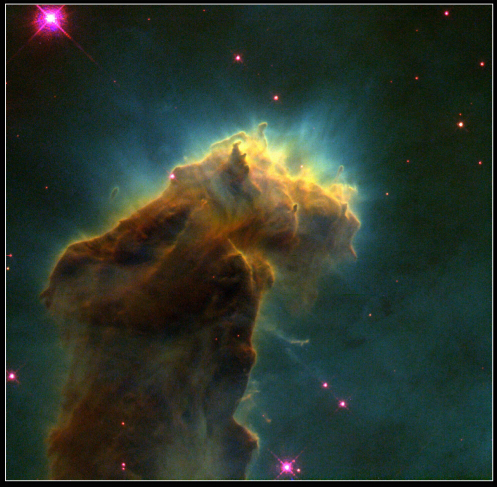Scientific Programme
Download the programme: nebulatom3_programme.pdf
Topics
Nebulae
- Introduction to ionized nebulae and their spectra
- Physical mechanisms occurring in ionized nebulae
- Plasma diagnostics
- Methods of abundance determinations
- How to compare abundances at various redshifts
- The unsolved problem of temperature fluctuations and its impact
- Determination of effective temperatures and star formation rates
- How to identify the excitation source (massive stars, active nuclei, shocks)
- How to construct and use photoionization models
- Dust in ionized nebulae
- The interplay between stellar populations and emission lines
Atom
- Atomic physics for ionized nebulae: a practical introduction
- The importance of atomic data and how to extrapolate them
- Can one estimate the reliability of atomic data?
- Atomic databases and virtual data centers (VAMDC)
Practical Sessions
- How to look at observational data
- Introduction to the PyNeb library
- Plasma diagnostics and abundance determinations
- Introduction to the CLOUDY photoionization code
- Introduction to the pyCloudy library
- Understanding the results of a photoionization model
- Construction and use of model grids with the 3MdB photoionization models database
- Tailored-model fitting
- Using the STARLIGHT code to derive the stellar populations of emission-line galaxies
Lecturers
- Grazyna Stasinska (Paris Observatory, France)
- Christophe Morisset (IA-UNAM Mexico DF, Mexico)
- Claudio Mendoza (IVIC, Caracas, Venezuela)
- Natalia Vale Asari (UFSC, Florianopolis, Brazil)
Scientific organization
Every day there will be about 4 hours of lectures in the morning, 3 hours of hands-on activities under the guidance of the lecturers in the late afternoon, and one after-dinner session for students to present their own work. The lectures will be given in Portuguese and Spanish. All the written material(presentations, exercises, documents) will be in English. A triligual (Portuguese, Spanish, English) compendium of the most usual words, especially for the topics of the school, will be given to each participant on the first day. Students must be prepared to have an active participation in the school. Each student is expected to come with a laptop with a text editor, Fortran and C++ compilers and Python installed. During the after-dinner sessions, students will have the opportunity to present their works and discuss them with the other students.

